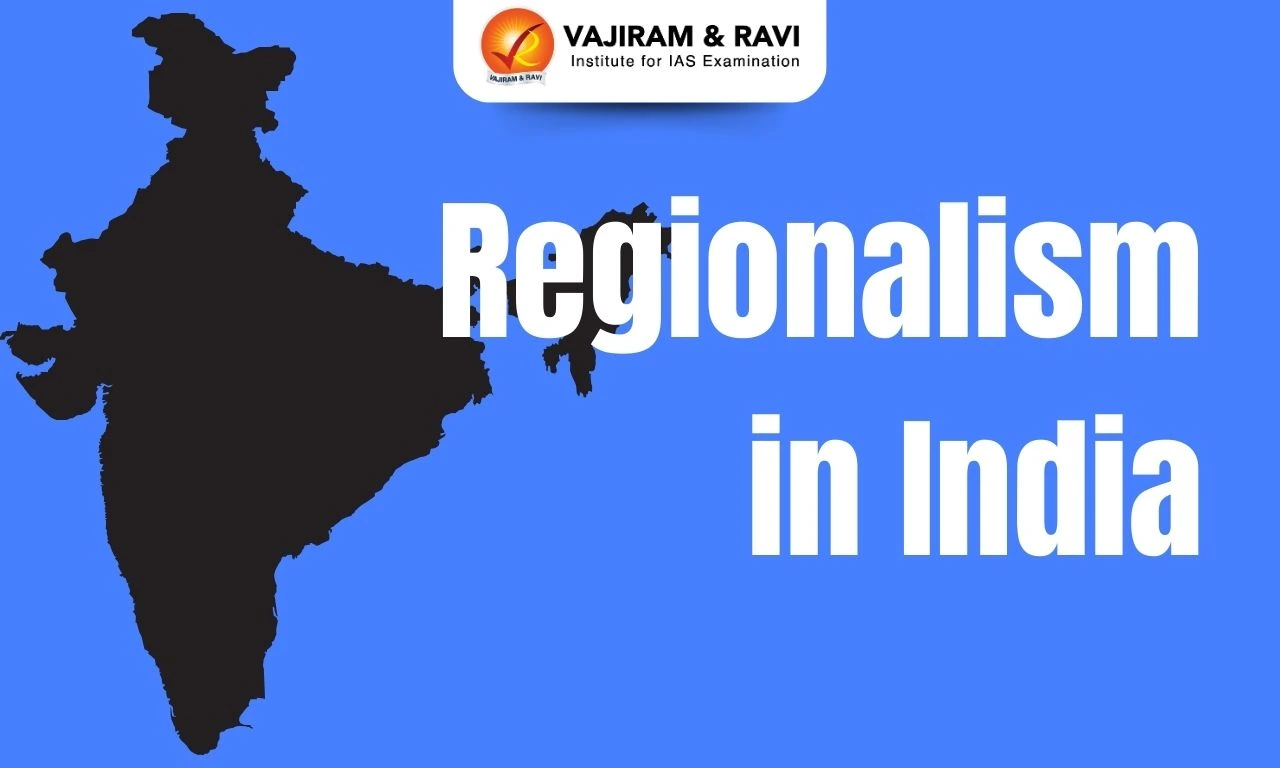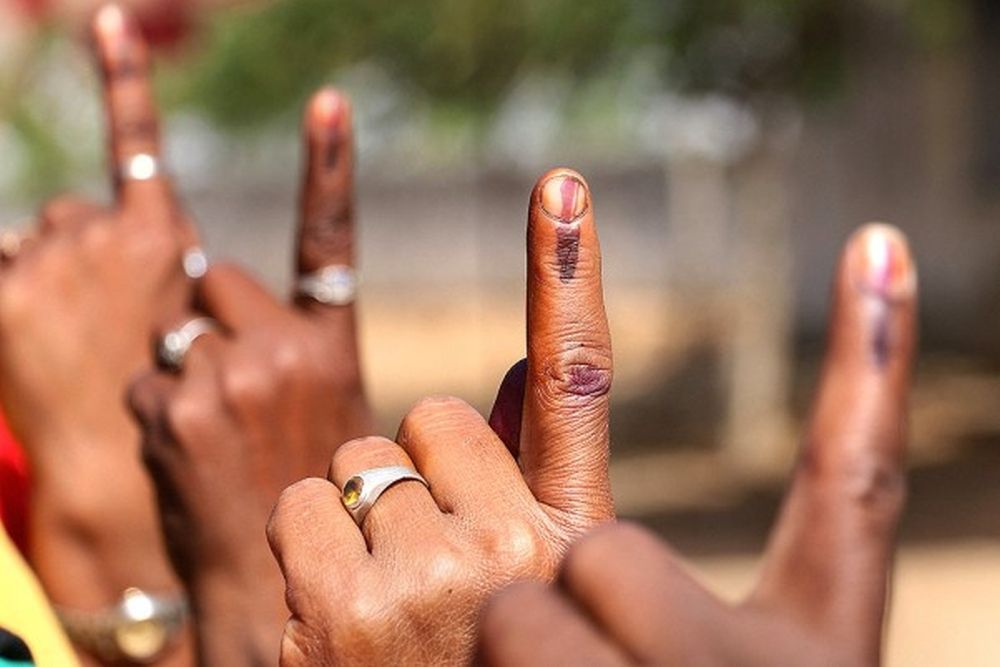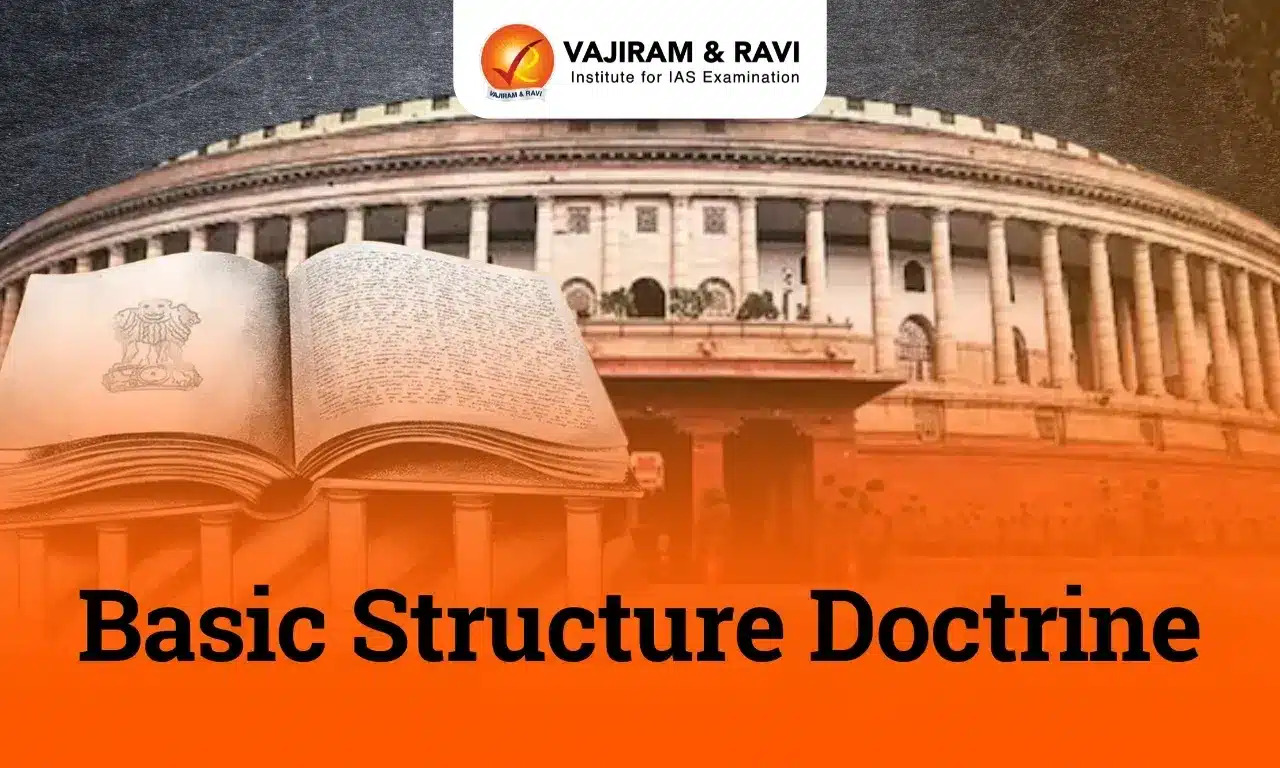The National Population Register (NPR) is a significant initiative under the purview of the Government of India. It serves as a database of “usual residents” of the country, aiming to aid governance and ensure better policy formulation.
Its scope and objectives, however, have been the subject of both support and opposition due to its perceived connection with the National Register of Citizens (NRC).
What is National Population Register (NPR)?
The National Population Register (NPR) is a database containing details of all usual residents in India. A “usual resident” is defined as an individual who has been residing in an area for six months or more or someone who intends to reside in that area for the next six months. It is mandatory for all “usual residents” to register under the NPR.
National Population Register Background
The NPR was introduced as part of the Citizenship Act, 1955 and the Citizenship (Registration of Citizens and Issue of National Identity Cards) Rules, 2003. It is maintained by the Registrar General and Census Commissioner of India under the Ministry of Home Affairs.
- First initiated: NPR data was first collected in 2010, preceding the Census of 2011.
- Latest update: A door-to-door survey in 2015 further updated NPR data.
- Legal basis: Rule 3 and Rule 4 of the Citizenship Rules, 2003, provide the framework for the NPR and NRC.
National Population Register Features
The NPR is compiled through extensive enumeration, ensuring inclusivity by recording details of all residents, including Indian citizens and foreign nationals residing in India.
- Enumeration process: The NPR is created through house-to-house enumeration conducted during the census’s “house-listing” phase, which occurs every ten years.
- Legal mandate: It is legally mandatory to register all Indian citizens under the NPR framework, which provides for the issuing of a National Identity Card to every citizen.
- Oversight and Authority: The exercise is conducted under the supervision of the Registrar General and Ex-Officio Census Commissioner of India, who also acts as the National Registration Authority and Registrar General of Citizen Registration.
- Inclusivity: The NPR encompasses Indian citizens and foreigners residing in India, ensuring a complete demographic database.
- Levels of preparation: The NPR is compiled at multiple levels: Local (village/sub-town), Sub-district, District, State, and National.
Scope and Data Collection
The NPR collects demographic and biometric data for a comprehensive database. Innovations like mobile apps ensure efficient data collection, while updates refine the database for accuracy.
- Demographic and Biometric Data: The NPR collects 21 demographic details such as:
- Date and place of birth of parents.
- Last place of residence.
- PAN, Aadhaar (voluntary), Voter ID, Driving License, and Mobile Number.
- Biometric data is updated using Aadhaar details.
- Technology integration: A mobile application will be used for data collection, and a central portal will monitor progress. This ensures early release of data and improves its quality.
- Evolution of NPR data collection: In 2010, NPR collected demographic details on 15 parameters without including the “date and place of birth of parents” and the “last place of residence.”
- In 2015, a door-to-door survey updated data with details like Aadhaar and mobile numbers.
- In the upcoming NPR, additional details will be collected while excluding certain previous categories like ration card numbers.
National Population Register Significance
The National Population Register (NPR) is a comprehensive database encompassing details of all residents in India, covering every village, rural area, town, ward, and designated urban locality. It plays a pivotal role in strengthening governance and enhancing national security.
- Purpose: NPR aims to create a credible record of every family and individual residing in the country. This supports better targeting of beneficiaries for various central government schemes and initiatives.
- Security and policy needs: The NPR addresses the government’s internal security concerns by serving as the foundation for reliable demographic data.
- Path to National Register of Indian Citizens (NRIC): NPR is a preparatory step towards developing the NRIC, mandated by the Citizenship Act. The NRIC is a detailed record of Indian citizens residing both within and outside India.
- Practical benefits: Streamlines official processes by reducing the need for repeated submissions of proof of age, address, and other details.
- Prevents duplication, particularly in electoral rolls, enhancing the efficiency of governance systems.
- Enhanced Governance: It facilitates accurate policy-making and targeted delivery of government benefits.
- Streamlined identity systems: It supports the idea of a “One Identity Card”, integrating Aadhaar, voter ID, and other identification systems.
- National security: It provides a reliable database for monitoring and ensuring security.
- Reduction in errors: It also addresses discrepancies across multiple government records.
NPR, NRC, Census Comparison
The NPR records all residents, the National Registration of Citizens (NRC) identifies Indian citizens for citizenship verification, and the Census collects demographic and socio-economic data every ten years for planning and governance. Each has a unique role in governance and planning.
NPR vs Census |
||
| Aspect | NPR | Census |
| Legal framework | Citizenship Act, 1955 | Census Act, 1948 |
| Nature of Data | Includes residents, both citizens and non-citizens | Captures socio-economic and demographic data of Indian Citizens |
| Verification | Mandatory, with local-level scrutiny | Based on self-declaration by individuals |
| Purpose | Database for governance and potential NRC | General population statistics |
NPR vs NRC |
||
| Aspect | NPR | NRC |
| Focus | Residents of India | Verification of Indian citizenship |
| Legal basis | Citizenship Rules, 2003 (Rule 3, Sub-rule 4) | Citizenship Rules, 2003 (Rule 4 and Rule 4A) |
| Applicability | Includes all residents, regardless of citizenship | Only Indian citizens and their status |
| Utility | Stand-alone or preliminary database for NRC | Citizenship determination exercise |
National Population Register Process
The National Population Register (NPR) establishes a comprehensive database of all usual residents in India, integrating demographic and biometric details to streamline governance and enhance resource efficiency.
- Major components of NPR:
- Digitisation of demographic data: Information collected during the house-listing phase is digitized for accessibility.
- Biometric data collection: It also includes photographs, fingerprints, and iris scans for individuals aged 5 and above.
- The compiled database is shared with the Unique Identification Authority of India (UIDAI) for de-duplication and issuing Unique Identification (UID) numbers.
- Integration of NPR and Aadhaar: Residents already registered with Aadhaar are exempted from providing biometric data again. Data discrepancies between Aadhaar and NPR will be resolved in favour of NPR, ensuring data accuracy and reliability.
NPR Challenges
Privacy issues, potential overlap with Aadhaar, and federal tensions highlight the concerns surrounding NPR. States have expressed resistance, linking it to contentious policies like NRC and CAA.
- Privacy concerns: The absence of clarity on data protection raises fears of potential misuse and delegation to private entities. Citizens worry about how their data will be utilized and safeguarded.
- Association with NRC: NPR’s potential role in facilitating NRC has created anxieties, especially among marginalized communities.
- Opposition from States: States like Kerala and West Bengal have opposed NPR due to its perceived link to the Citizenship Amendment Act (CAA) and NRC.
- Duplication of efforts: NPR overlaps with Aadhaar, raising questions about the need for multiple databases.
- Federal tensions: Though NPR falls under List I of the Seventh Schedule, states may challenge its implementation under Article 131, citing federal obligations.
- Funding and costs: The NPR is funded by the Consolidated Fund of India, but concerns remain over the high expenditure, especially for a nationwide NRC.
NPR Way Forward
To address challenges, the government must ensure data privacy, avoid duplication, build public trust, and improve efficiency through technology and transparent communication.
- Public awareness: The government should engage in outreach programs to educate citizens about NPR’s objectives and its distinction from NRC.
- Data privacy framework: Ensure strict adherence to the Supreme Court of India guidelines on privacy, akin to Aadhaar’s implementation.
- Avoid redundancy: Streamline NPR and Aadhaar data collection to avoid duplication.
- Trust-building measures: Transparent communication and citizen participation will help counter opposition and build trust in the process.
- Efficiency in implementation: Utilise technology for faster data collection, verification, and dissemination.
Last updated on April, 2025
→ UPSC Notification 2025 was released on 22nd January 2025.
→ The UPSC Vacancy 2025 were released 1129, out of which 979 were for UPSC CSE and remaining 150 are for UPSC IFoS.
→ UPSC Admit Card 2025 is expected to release in first week of May for CSE Prelims Exam 2025.
→ The UPSC Prelims 2025 is scheduled to be conducted on 25th May 2025 and UPSC Mains 2025 will be conducted on 22nd August 2025.
→ Apply once through it and aspirants can apply for various government exams conducted by UPSC.
→ The UPSC Selection Process is of 3 stages-Prelims, Mains and Interview.
→ UPSC Result 2024 is released with latest UPSC Marksheet 2024. Check Now!
→ UPSC Toppers List 2024 is released now. Shakti Dubey is UPSC AIR 1 2024 Topper.
→ Also check Best IAS Coaching in Delhi
National Population Register FAQs
Q1. What is the National Population Register in India?+
Q2. What is NPR in Aadhaar?+
Q3. What do you mean by National Population Register?+
Q4. What is NPR and NRC in India?+
Q5. What is the difference between NRC and National Population Register?+














